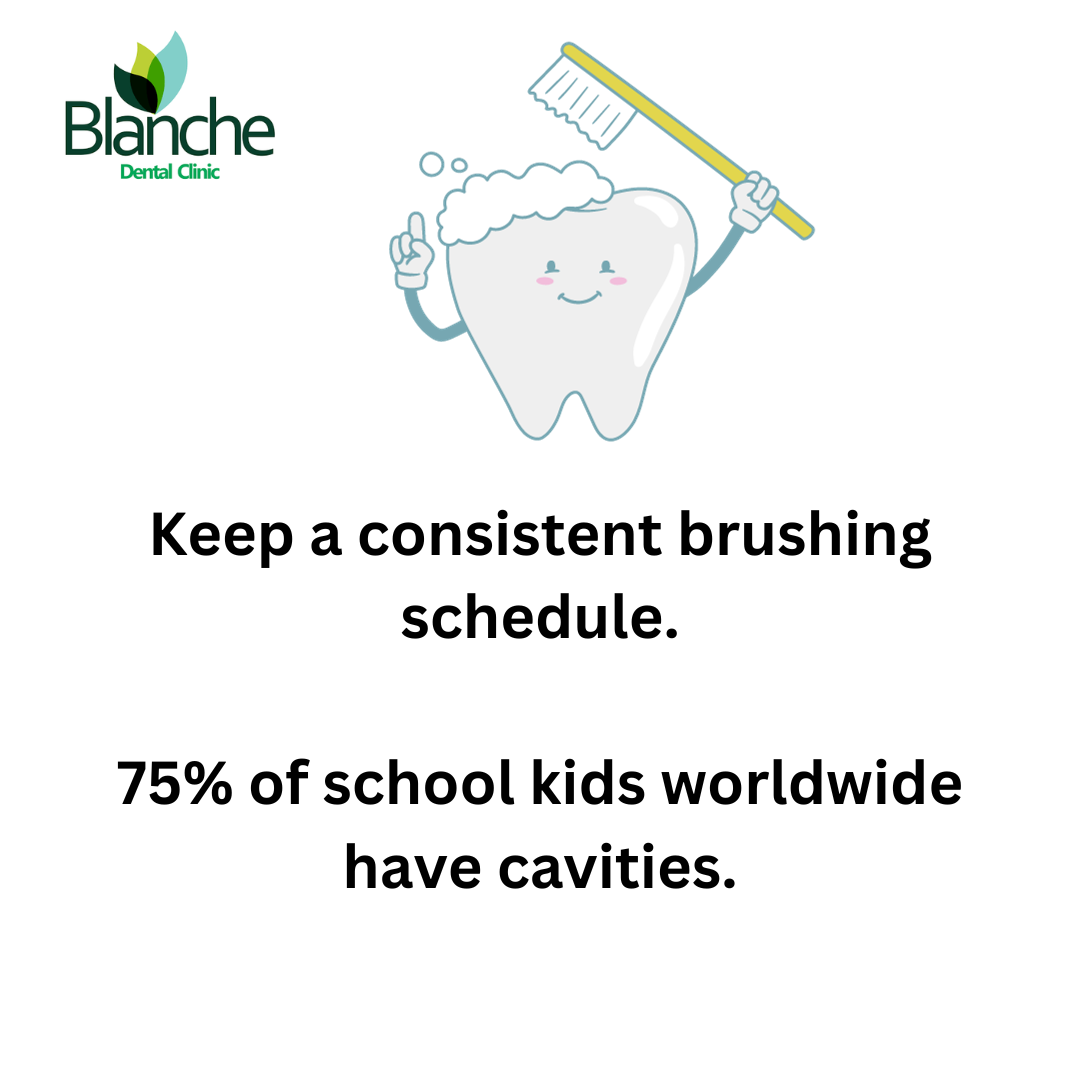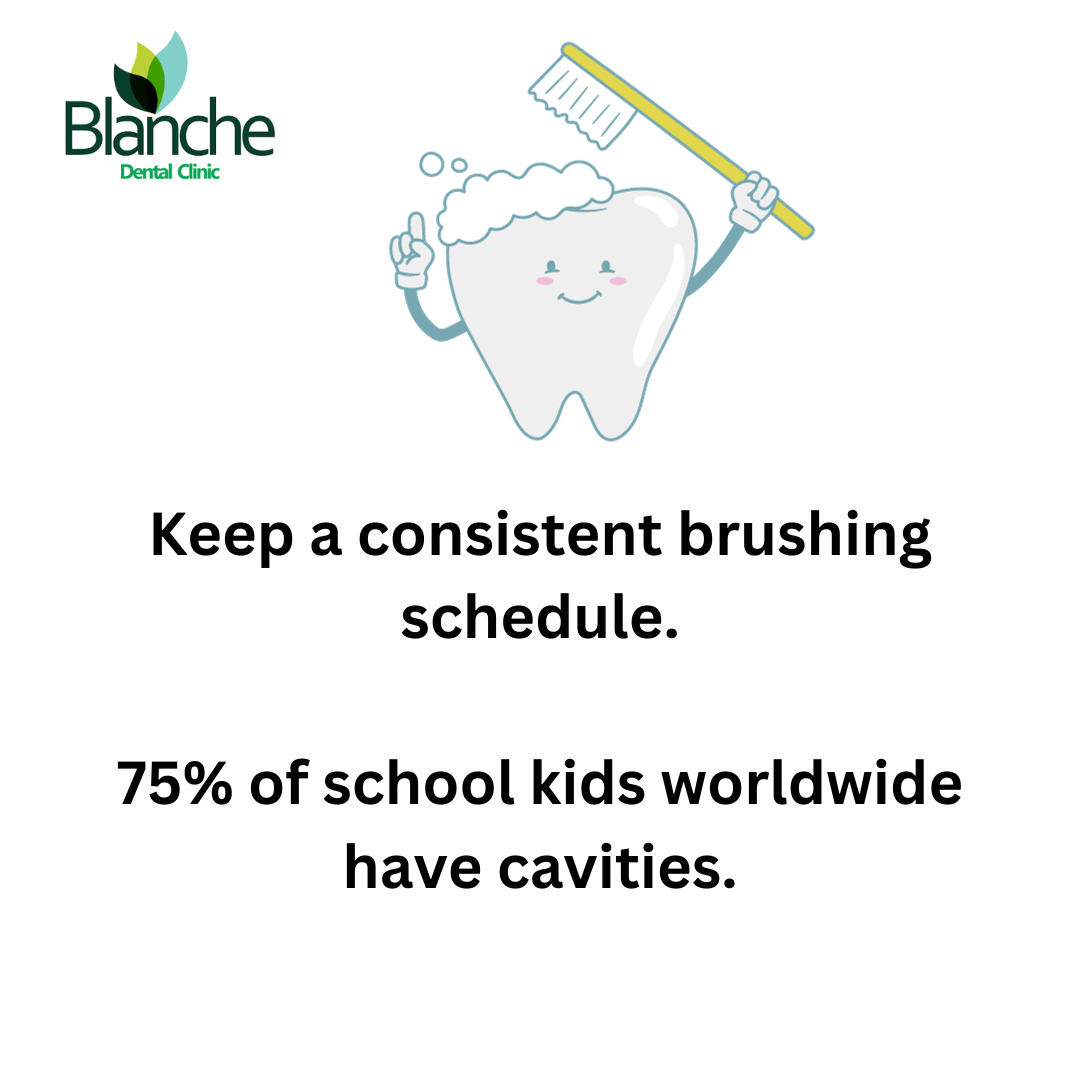What to Do If Your Child Has a Cavity — and How to Prevent
What to Do If Your Child Has a Cavity — and How to Prevent
Cavities are one of the most common dental problems in toddlers and children. Also referred to as tooth decay, a cavity is a permanently damaged area in a tooth.
They can develop in your child’s primary or baby teeth, and if so, you might shrug it off — your child will eventually lose these teeth, right? So what does it matter? But you shouldn’t ignore a cavity.
Here’s what you need to know about cavities in kids, including common causes, treatment options, and prevention tips.
What causes cavities in kids?
Cavities occur when a buildup of dental plaque eats at tooth enamel and causes a hole. Plaque is a sticky substance that covers teeth, and it forms when bacteria in the mouth combines with food, acid, and saliva.
Since regular brushing and flossing can prevent a buildup of plaque, cavities often develop when children don’t properly brush their teeth.
Children should brush their teeth for at least 2 minutes twice a day. Yet, some children only brush once a day. Or worse, they forget to brush entirely.
Children are unable brush well by themselves until they’re around 6 years old. It’s important that an adult brushes for a child, or supervises their brushing, until they’re old enough to do a thorough job.
Also, some children don’t floss their teeth or they floss incorrectly. Cavities can also develop when plaque and food particles aren’t removed from in between teeth. Flossing can be very hard for kids, so again parents need to help with this important step.
Remember, too, that good dental hygiene includes regular dental checkups. The same way adults see a dentist every 6 months, you should make dental appointments for your children.
Since baby teeth typically erupt around 6 months old, schedule your child’s first dental visit shortly after their first tooth becomes visible.
But, of course, poor dental hygiene isn’t the only cause of cavities — diet also plays a role. So there’s a higher risk for tooth decay if your child eats a lot of sweet, sugary or even starchy foods that are high in carbohydrates (ice cream, cakes, candy, crackers, chips, etc).
And although more research is needed, some people might be genetically predisposed to cavities due to a softer enamel.


Comments
Post a Comment